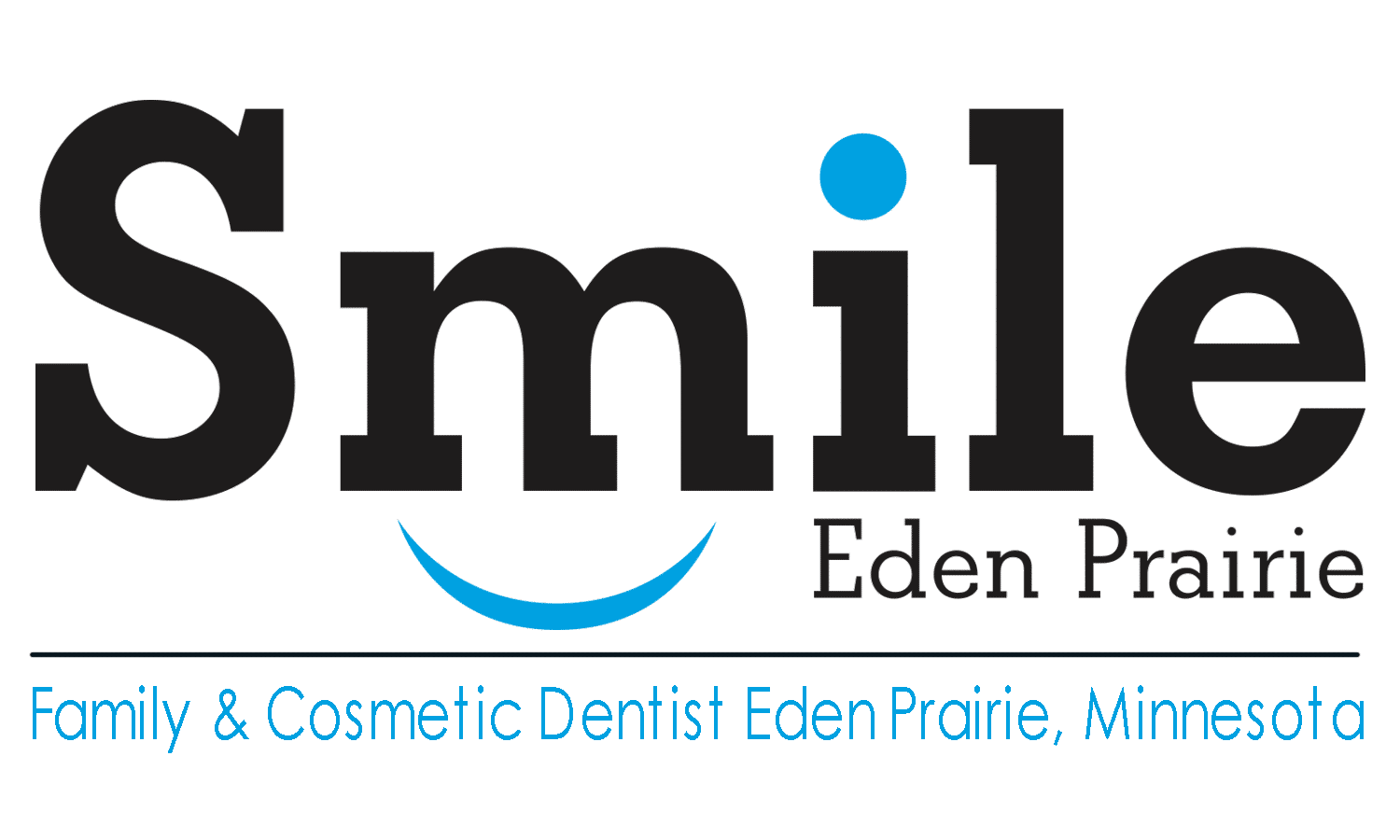Branches of Dentistry: Periodontics
Periodontics is a dental specialty that studies the supporting structures of teeth. In addition, they focus on the diseases and conditions that affect the supporting structures. The supporting tissues in the mouth are known as the periodontium. The periodontium includes the gingiva or gums, alveolar bone, cementum and the periodontal ligament. A periodontists is a dentist who specializes in the prevention, diagnosis and treatment of periodontal diseases as well as the placement of dental implants.
Gingival diseases
Gingivitis is a very common condition that affects the gums around the teeth. While the condition is a form of periodontal disease, it is usually treatable. Patients often detect the disease when they experience spontaneous bleeding in the gums while brushing their teeth or eating. It is also leads to inflammation, swelling and redness of the tissues. Gingivitis does not typically cause pain and is usually a result of the accumulation of plaque biofilm. It is commonly associated with poor oral hygiene. Other factors that can increase a patient's risk of having gingivitis can include systemic conditions such as diabetes and some medications. Fortunately, gingivitis can be reversed through improved oral hygiene and the removal of plaque. Untreated, gingivitis can progress into periodontitis and other diseases that are more serious.
Periodontal diseases
Periodontal disease incorporates a variety of diseases of the periodontal tissues that result in attachment loss and destruction of alveolar bone.
Periodontal diseases take on many forms but are usually a result of the accumulation of plaque biofilm in the gingiva and teeth. This is often combined with host immuno-inflammatory mechanisms and other risk factors which can lead to destruction of the supporting bone around natural teeth. When left untreated, these diseases can result in bone and tooth loss. Good oral hygiene including twice daily brushing and flossing can help prevent these diseases.
Risk factors
There are numerous risk factors that can put an individual at a higher risk for developing gingival and periodontal diseases. A few common risk factors include:
- Smoking tobacco – smoking tobacco is a major risk factor for periodontal disease. There is a close relationship between smoking and the destruction of periodontal tissue. Smoking also impacts the ability for the body to heal oral tissues because it destroys blood vessels.
- Diabetes Mellitus – There is a close relationship between blood glucose levels and periodontal disease. Periodontal disease patients who have diabetes are not able to heal as quickly.
- Obesity and vitamin d deficiency – Obesity is commonly associated with a poor diet and lack of vitamins. Having a poor diet can contribute to both obesity and vitamin deficiency. Vitamins C, D, and calcium are all critical in having a healthy immune system and good oral health.
- Poor Oral Hygiene – Twice daily brushing and flossing help to remove plaque and maintain good oral health.
Periodontist
A periodontist is a specialized dentist who treats patients for periodontal diseases and conditions. They focus on the prevention, diagnosis and treatment of periodontal disease. After completing their dental degree, Periodontists receive additional specialist training in Periodontics. Periodontists often treat patients who have severe gingival diseases and/or a complicated medical history. Periodontists offer a variety of treatments which include root scaling and planing, periodontal surgery, implant surgery and other complex periodontal procedures.
The following includes procedures which are performed by a periodontist:
- Non-Surgical Treatments
- Gum Graft Surgery
- Laser Treatments
- Regenerative Procedures
- Dental Crown Lengthening
- Dental Implants
- Pocket Reduction Procedures
- Plastic Surgery Procedures
Patients who require these types of treatment from a Periodontist, will often receive a referral from a traditional dentist.

